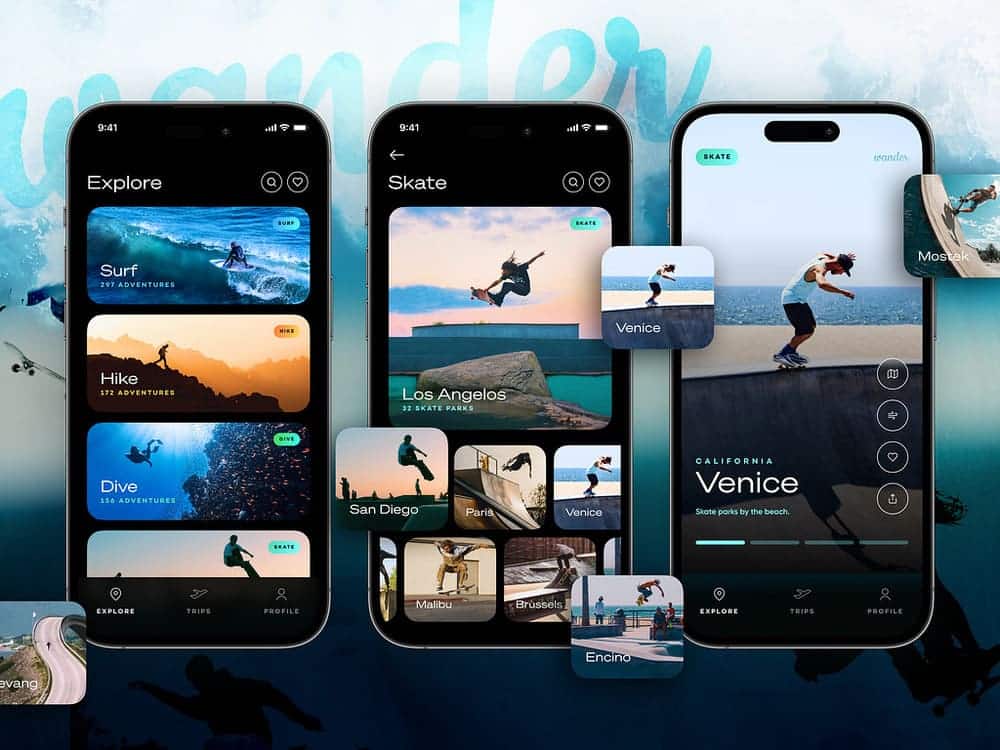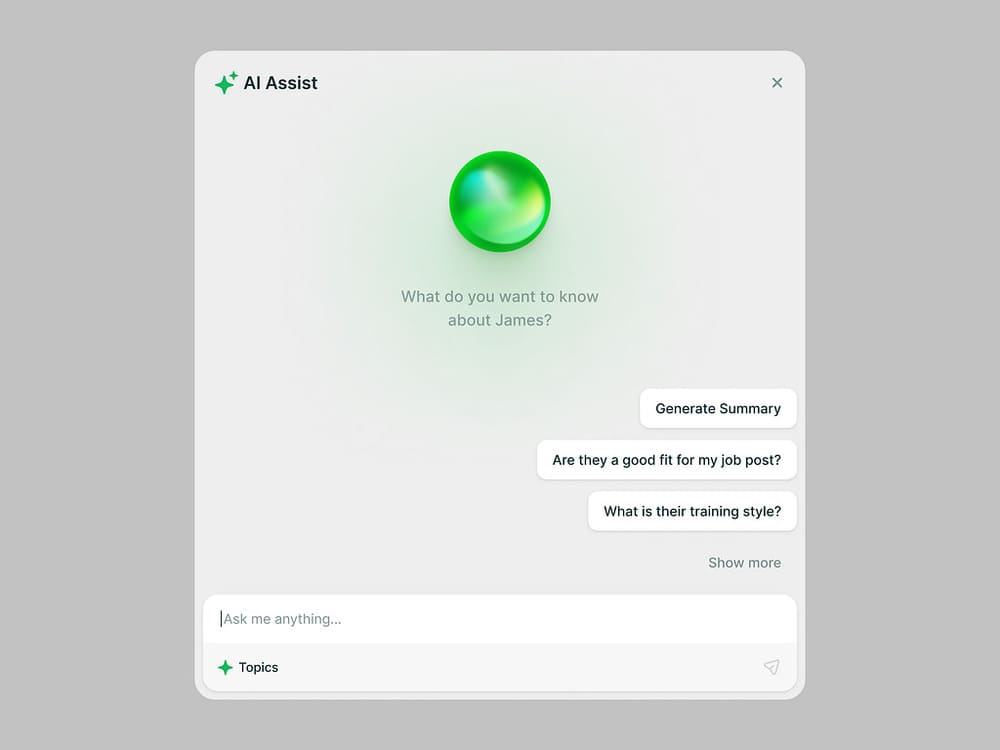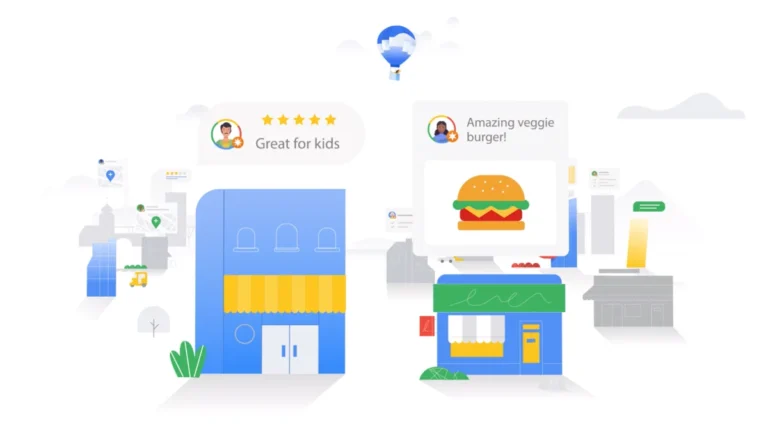The Role of AI in Surfing

Artificial intelligence is rapidly becoming a game-changer in various industries, and the surfing sector is no exception. AI applications are transforming how surf businesses operate, from improving customer interactions to optimizing surfing conditions.
One significant area where AI is being used is in predicting surf conditions. AI-powered forecasting tools analyze historical data, current weather patterns, and oceanographic data to provide accurate predictions of wave conditions, wind speeds, and tides. These insights allow surf schools and camps to plan lessons and activities around optimal conditions, ensuring that guests have the best possible surfing experience. Real-time updates can also be delivered directly to customers through mobile apps, giving them the ability to adjust their schedules based on changing conditions.
AI-powered chatbots and virtual assistants are also enhancing customer service. These tools can handle inquiries about bookings, lesson schedules, equipment rentals, and even surf conditions, reducing the need for human staff to manage these routine tasks. By automating customer interactions, surf camps can improve response times and provide 24/7 service, ensuring that potential customers get the information they need when they need it.
Moreover, AI is helping businesses analyze customer preferences and behavior. By processing data from previous interactions, AI can provide personalized recommendations, such as suggesting the best lesson times or surf spots based on a customer’s skill level. This personalization improves the customer experience and fosters stronger connections with guests, encouraging repeat visits.










